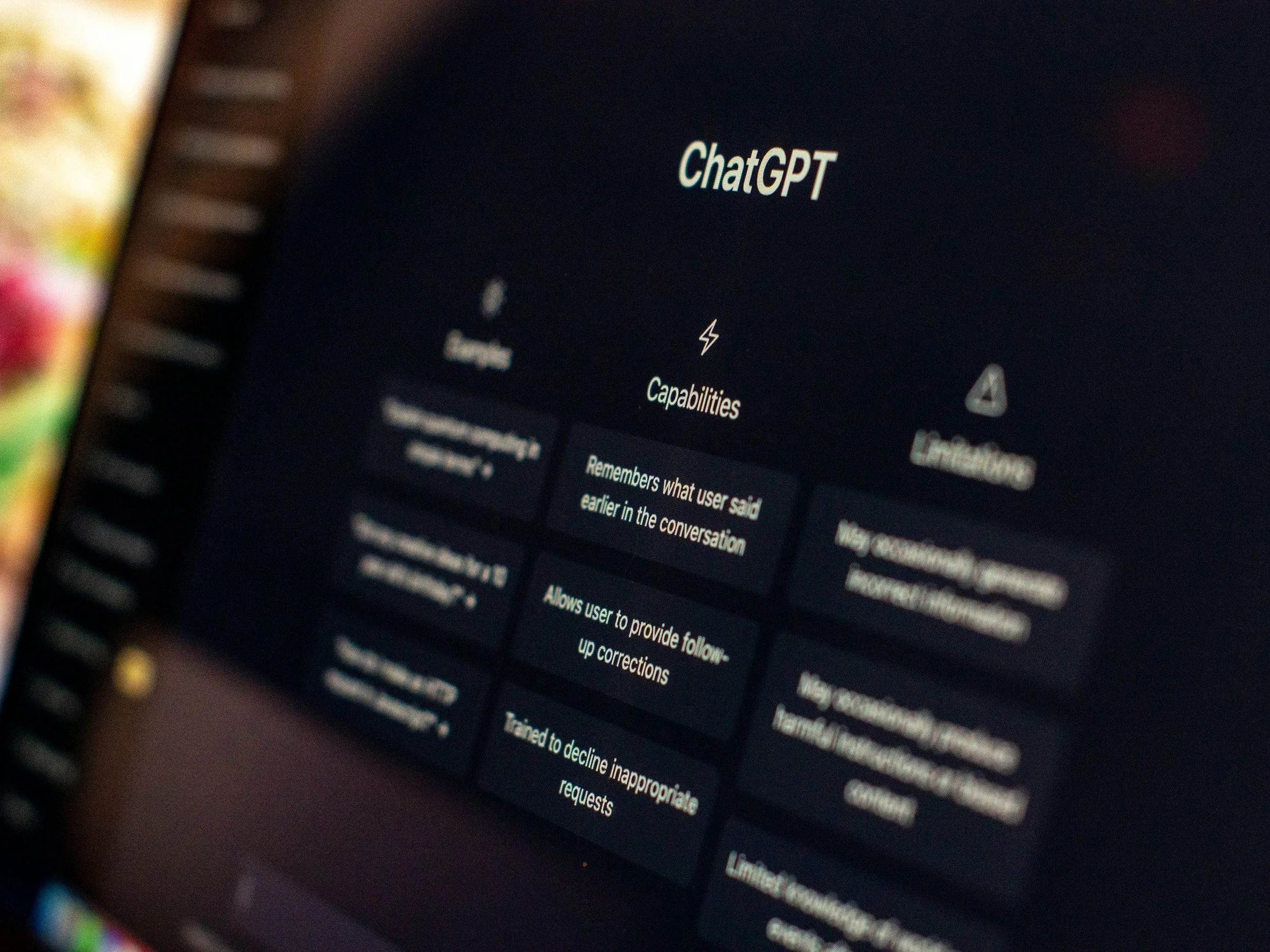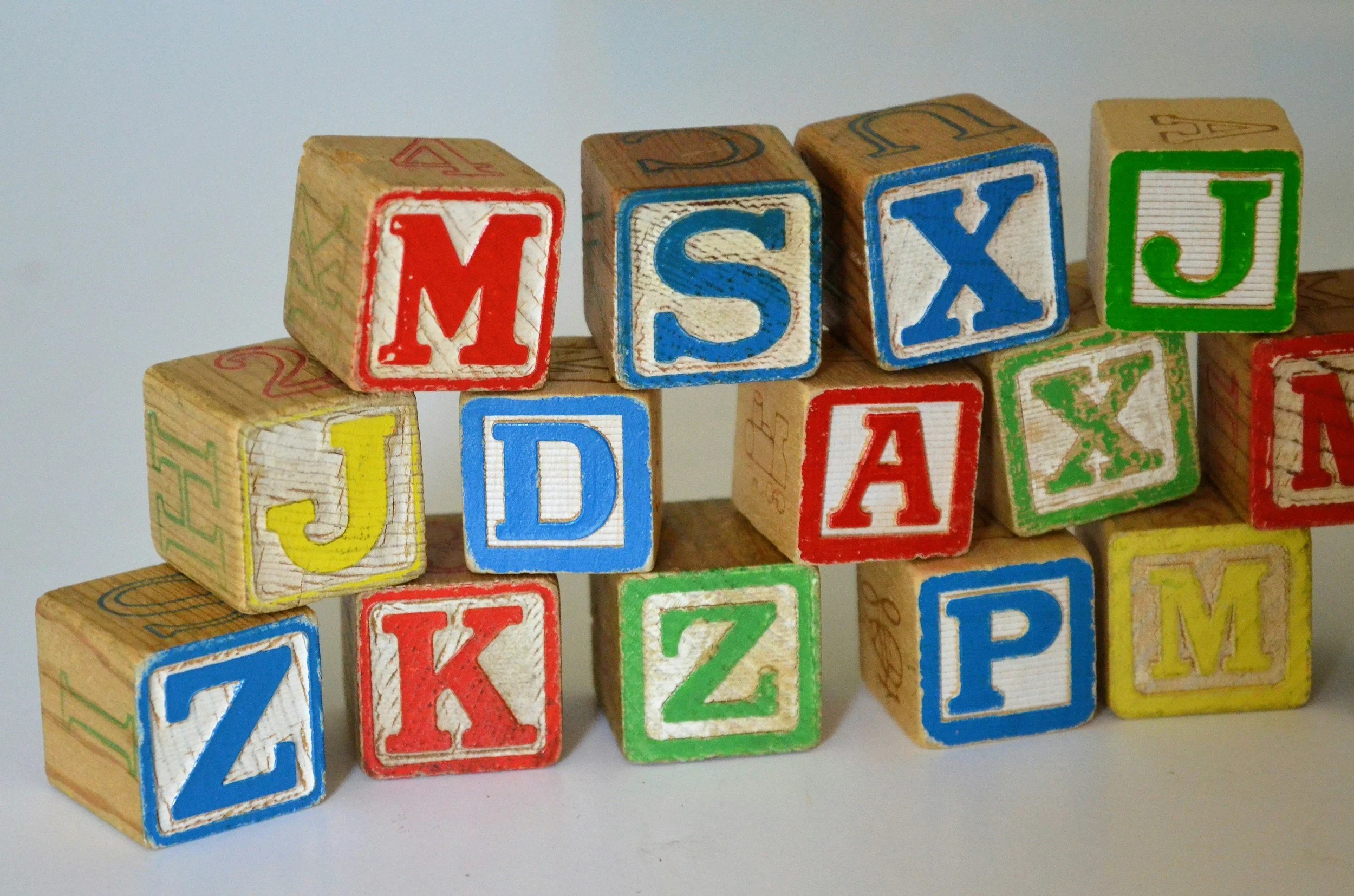The Science of Reading
Introduction
Lorem ipsum dolor sit amet consectetur adipiscing elit. Quisque faucibus ex sapien vitae pellentesque sem placerat. In id cursus mi pretium tellus duis convallis. Tempus leo eu aenean sed diam urna tempor. Pulvinar vivamus fringilla lacus nec metus bibendum egestas. Iaculis massa nisl malesuada lacinia integer nunc posuere. Ut hendrerit semper vel class aptent taciti sociosqu. Ad litora torquent per conubia nostra inceptos himenaeos.
Lorem ipsum dolor sit amet consectetur adipiscing elit. Quisque faucibus ex sapien vitae pellentesque sem placerat. In id cursus mi pretium tellus duis convallis. Tempus leo eu aenean sed diam urna tempor. Pulvinar vivamus fringilla lacus nec metus bibendum egestas. Iaculis massa nisl malesuada lacinia integer nunc posuere. Ut hendrerit semper vel class aptent taciti sociosqu. Ad litora torquent per conubia nostra inceptos himenaeos.
Blog Posts Related to the Science of Reading
This post summarizes my longstanding concerns about the practice of phonemic awareness instruction, a core element of the “science of reading” approach that is based on a deep misunderstanding of what phonemes are and how phonemic awareness develops.
This material will appear in somewhat different form in the updated edition of my book, to appear early next year.
In light of the Dec 2024 article in the Atlantic about Lucy Calkins, I am reposting this piece of mine from a few years ago.
AI tools that do remarkable things are appearing so often it’s impossible to keep up. I have just tried the innocuously named NotebookLM from Google and think you’ll be interested in the results.
I see that there are >100 responses to my last post, which will take me a little time to go through. The exchange is also continuing on the SPELLtalk list. I won't have time to copy all of that over to this site, I'm afraid.
I don’t know if we agree about phonics, but let’s get back to phonemic awareness. Thanks for clarifying that you don’t advocate teaching 44 phonemes as a prerequisite skill. I had in mind the many people who are doing this.
You’re obviously committed to reading education and to achieving consensus about what works and why. Engaging in thoughtful, civil discussions about challenging issues is essential, of course, and I am responding with that in mind. Although I’m responding to your post, I’m addressing views that are shared by many people, which you’ve helpfully summarized.
Teaching reading to African American children: When home and school language differ, an article Mark coauthored with Dr. Julie Washington, is now out in the summer issue of American Educator. The article includes a discussion of African American English and its influence on reading, as well as recommendations for teaching
Let’s talk about ”background knowledge.” The term refers to things a child knows about the world–about people, events, and situations; categories such as animals and clothing; topics such as animal habitats and how plants grow. These are things we use language to talk and write about. This knowledge provides the “background” or context for understanding a text.Unsurprisingly, there are differing views about the role of background knowledge in early reading.
We (Mark, Matt Cooper Borkenhagen, and Devin Kearns) have a new paper about the science of reading and education, to be published in an issue of the journal Reading Research Quarterly (RRQ) devoted to this topic. The title is “Lost in Translation? Challenges in Connecting Reading Science and Educational Practice”.Some of you will want to read the paper. It isn’t very technical but it is nonetheless written mainly for the people who read articles in RRQ. With that in mind, we (my colleague Molly Farry Thorn and I) will be breaking down the major topics in a series of blog posts here. We are also going to cover some important issues that didn’t make it into the paper, e.g., efforts to seek legislative remedies for low literacy.What’s this new paper about? Here’s the abstract





















An updated version of my book about reading and education will appear in a few months. It focuses on developments in reading education since it was published, including the emergence of the “science of reading” approach to instruction. This post is based on material that will appear in the new edition.